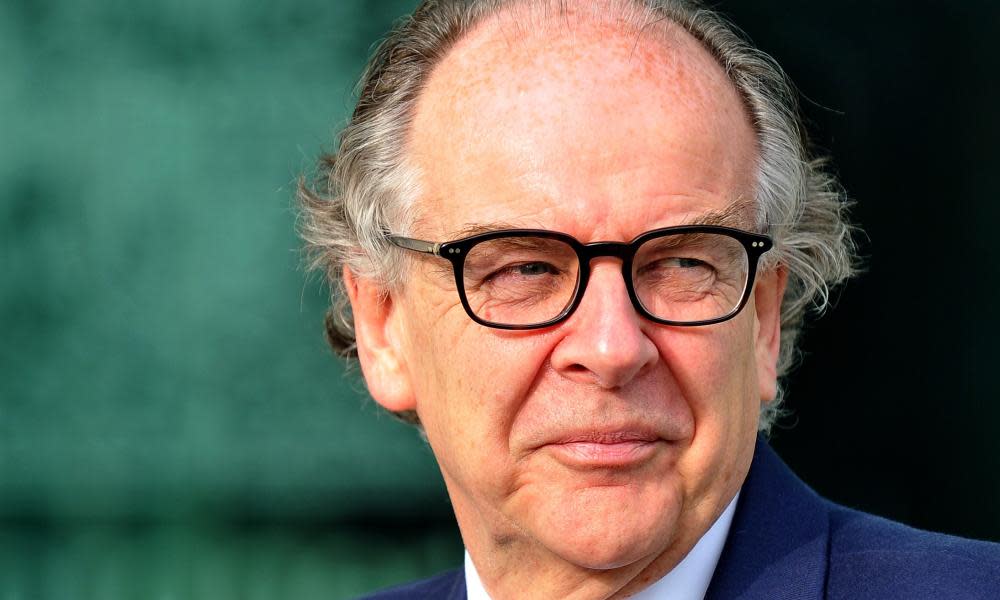Labour peer Charles Falconer apologises over war on drugs

The former lord chancellor Charles Falconer has apologised for his role in the war on drugs, as a group of leading politicians from across the world called for the legalisation and regulation of the drugs trade.
In an open letter, Lord Falconer, who served in a number of other cabinet roles under Tony Blair, said he now realised drug prohibition had been a “tragic disaster” for the poor in Britain and across the world.
He challenged Jeremy Corbyn – “a radical Labour leader” – to commit to the legal regulation of drug production and supply in the next Labour manifesto.
“I am sorry for supporting the war on drugs,” Falconer said in his letter, published on the UnHerd website.
“We need to accept there are alternatives to policies that have failed so many working class communities. We need to admit that we abandoned whole generations to the scourge of drug addiction. We need to confront our political failures and listen to those police chiefs pushing for saner policies.
“Above all, we need to take back control of drug supply from the most violent gangsters. And it needs to be done sooner rather than later.”
Falconer’s admission came as a group of former national leaders called for the legalisation of illicit drugs. The Global Commission on Drug Policy said such a move would disempower organised crime, and would help realise the goal of drug control conventions to protect “the health and welfare of mankind”.
In a report published in Mexico on Monday afternoon, the commission, which includes nine former presidents, three former prime ministers and the former deputy prime minister Nick Clegg, said regulation would shift control of drugs from black markets to “appropriate government agencies”.
“To regulate drugs is to apply the regulatory principles and tools that are routinely applied to everything else to a set of risky products and behaviours that have, until now, been controlled entirely within a criminal economy,” said the report, which was the last piece of work by the late former UN secretary general Kofi Annan.
Risks posed from drugs increased when they were sourced from unregulated criminal producers, it said, because of a lack of quality controls. Legalising and regulating drugs, the report argued, could reverse the “iron law of prohibition”, whereby the harder a ban was enforced, the stronger forms the banned substances take as a result of a need to avoid detection.

 Yahoo News
Yahoo News 
